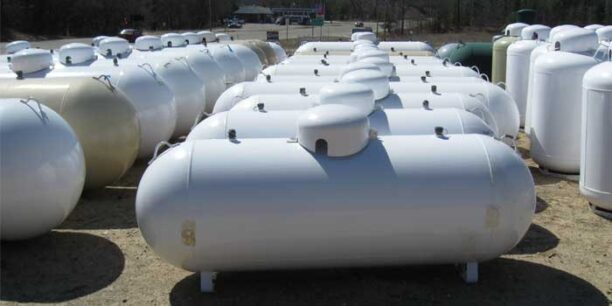Supply Chain Challenges: Strategies for Small Businesses

Small businesses have faced a multitude of challenges in their supply chains, ranging from disruptions in transportation to fluctuations in demand. These hurdles have necessitated strategic adaptations to ensure operational continuity and customer satisfaction. Here, we present a variety of practical strategies for small propane business owners to help them navigate supply chain challenges more effectively.
Understanding the Supply Chain Landscape
The supply chain of propane businesses encompasses various stages, including procurement, transportation, storage, and distribution. Each of these stages is susceptible to disruptions caused by factors such as weather events, geopolitical tensions, and market dynamics. Small business owners must grasp the intricacies of their supply chains to identify vulnerabilities and implement resilient solutions.
Building Resilience Through Diversification
One key strategy for mitigating supply chain risks is diversification. Small propane businesses can diversify their supplier base to help reduce their dependence on a single source. Exploring partnerships with multiple suppliers enhances flexibility and provides leverage during negotiations. Moreover, diversification extends beyond suppliers to encompass transportation modes and storage facilities. By diversifying transportation routes and storage locations, businesses can minimize the impact of localized disruptions.
Utilizing Technology for Enhanced Visibility
Technology plays a pivotal role in enhancing supply chain visibility for small propane businesses. Implementing inventory management systems and tracking tools enables real-time monitoring of propane levels and delivery schedules. Additionally, leveraging data analytics helps forecast demand patterns and optimize inventory levels, thereby reducing stockouts and excess inventory costs. Cloud-based platforms facilitate seamless communication and collaboration with suppliers, streamlining procurement processes.
Adopting Agile Logistics Strategies
Agility is paramount in responding to unforeseen disruptions in the supply chain. Small propane businesses can adopt agile logistics strategies to swiftly adapt to changing circumstances. This may involve establishing alternative delivery routes, utilizing various transportation modes, or implementing dynamic routing algorithms. By prioritizing flexibility and responsiveness, businesses can minimize downtime and maintain service reliability.
Fostering Collaborative Relationships
Collaboration with stakeholders across the supply chain fosters resilience and agility. Small propane businesses can cultivate strong relationships with suppliers, transportation providers, and customers through open communication and mutual support. Proactive engagement enables early detection of potential disruptions and facilitates collaborative problem-solving. Furthermore, establishing contingency plans in partnership with key stakeholders ensures coordinated responses to emergencies.
A Multifaceted Approach
In a dynamic and interconnected supply chain landscape, small businesses face an array of challenges that demand proactive and strategic responses. By embracing different approaches, business owners can enhance resilience and maintain operational continuity. Navigating supply chain challenges requires a multifaceted approach that combines foresight, innovation, and effective execution. With the right strategies in place, small propane businesses can weather disruptions and emerge stronger in an ever-evolving marketplace.














